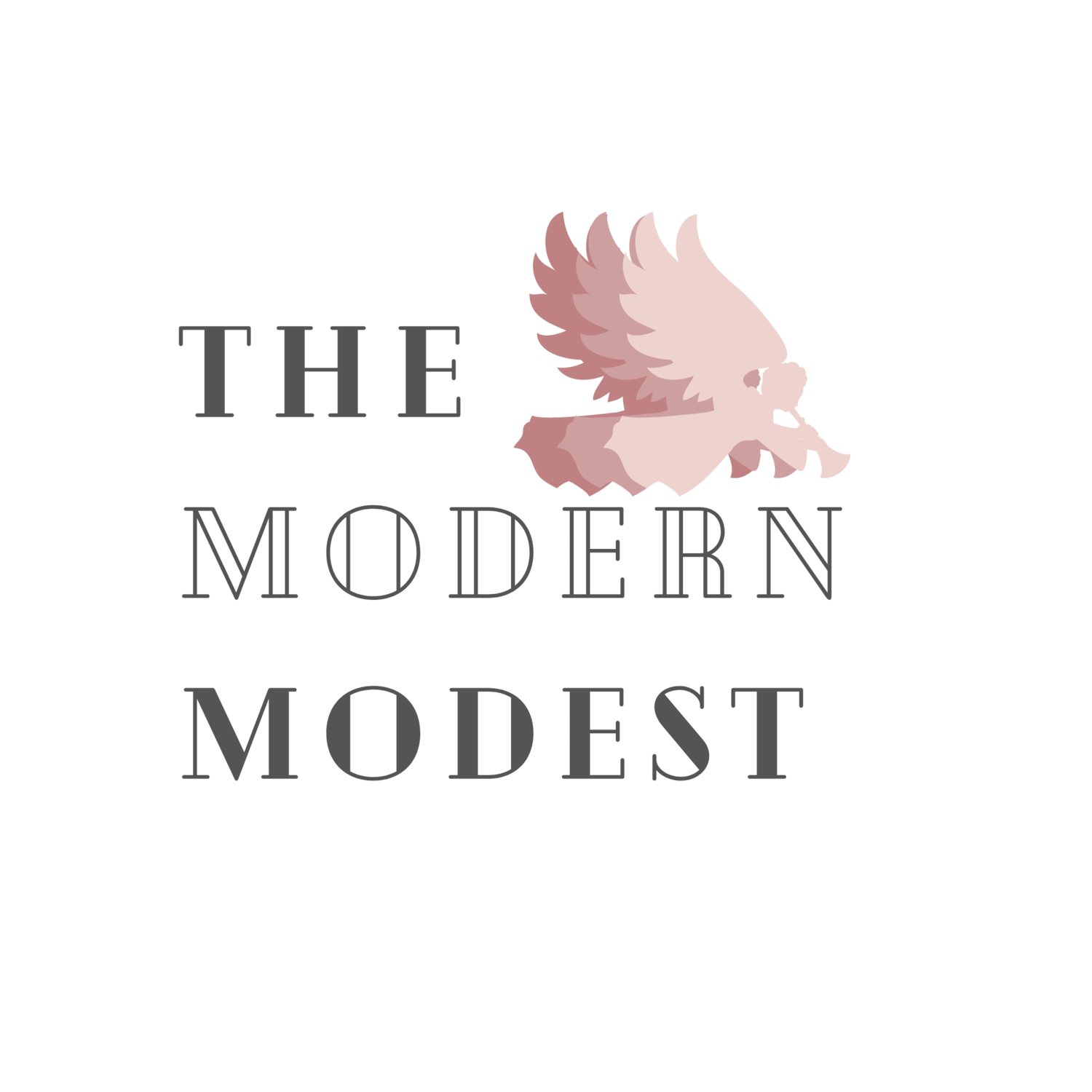Devotional Series: The Crown within the Cross
Lessons from the Widow of Zarephath- Fearless Living
From the moment we are born into the world, we immediately start to experience a complex concoction of emotions, that we need to learn how to regulate and manage. Emotions are bio-psychological induced feelings, thoughts, behaviours that are caused by experiences we have on a momentary basis that ultimately, impact our emotional and mental state. Simply put, collectively, all our thoughts, actions, and behaviours that come from different occurrences and experiences of life, produce emotions which influence every area of our lives. What we subsequently do with the various emotions we experience, largely depends on us being able to manage their place in our lives before they manage our lives for us. Whilst we cannot control the actions of others, we can learn to control the response we give in return. Starting from our very thought patterns, we can form pathways in our brain that can serve us instead of tearing us down. Fear is one of the most powerful emotions we can experience. Decisions are made, thoughts are dwelt upon, and default behavioural responses can all be formed and fuelled from a place of fear. Eve sought to hide herself from the One she loved to be around, out of fear. Elijah, the man of God who called fire down from heaven in front of thousands of people, later feared the threatening’s of a power ungodly woman. In both cases, fear made no sense, served no real purpose and ultimately, distracted them from their life purpose and mission. Contrastingly, the right type of fear under certain settings, produces healthy necessary responses to real danger and leads us down the paths of wisdom. Repeatedly, the bible speaks about the blessings enjoined to us in having the fear of the Lord (Proverbs 9:10, 2:7, 10:27, 2:5, 14:27), but how can we know the difference?“Fear made no sense, served no real purpose and ultimately, distracted them from their life purpose and mission.”
“The fear of God enables us to not only experience the fulness of His love for ourselves, but also to reciprocate the same love to others.”
“Every trial, every sacrifice, every cross ultimately brings the two into contest where we decide which one will end up ruling our hearts and ultimately, win in the end.”
In order to know which one we possess; we must take time the time to assess the fruit that is expressed. The fear of man as displayed by Eve once she had sinned and Elijah when he believed the threatening’s of a mere mortal, both resulted in them turning away from God and what they had previously learnt about His character and workings with man. Whereas the fear we are invited to have, leads us into a closer relationship with Jesus where, we gain a deeper understanding and appreciation of His character. It empowers us to live, instead of crippling us in chains of worry and doubt. It brings the sweet fruits of peace as a result of surrendering our anxieties to Him, instead of the overwhelming sense of dread that comes from looking to other people to solve our problems. The fear of God enables us to not only experience the fulness of His love for ourselves, but also to reciprocate the same love to others. Naturally, fear causes us to hold back, to keep our guards up and be prepared ‘just incase’. It goes directly against the principles of surrender, faith and love. To have one, we in essence trade in the other. The two cannot occupy the same space or coexist, for they operate on a different system. Every trial, every sacrifice, every cross ultimately brings the two into contest where we decide which one will end up ruling our hearts and ultimately, win in the end. Following years of apostasy headed by the backsliding King Ahab and heathen Queen Jezebel, only one option was left for Israel to hopefully bring them to a place of repentance. Warning, entreaty, prophecy, invitations of mercy had all been given in vain. In Elijah’s prophecy of a three-year drought, God was applying His last healing remedy. For their own sake, they had to be shown the folly of turning to and worshiping the false god’s of Baal who had no resources or means of sustenance. Sustained by the provisions of God as delivered by the ravens and the Waterbrook at Cherith (1 Kings 17: 5-6) for a time, Elijah also found himself affected by the judgments of God. 1 Kings 17: 8-10
8 And the word of the Lord came unto him, saying,
9 Arise, get thee to Zarephath, which belongeth to Zidon, and dwell there: behold, I have commanded a widow woman there to sustain thee.
10 So he arose and went to Zarephath. And when he came to the gate of the city, behold, the widow woman was there gathering of sticks: and he called to her, and said, Fetch me, I pray thee, a little water in a vessel, that I may drink.
As God would have it, Elijah’s necessity sparked the beginning of a new life trajectory for the Widow of Zarephath. God often uses the challenges infront of us, to bring new people, faces and situations into our lives that end up blessing us immensely whilst we seek to bless others in return. Divine appointments and providential leadings that occur most unexpectedly, testifies to the beauty of surrendering our lives to His leading. Zarephath or Sarepta as it is referred to in the New Testament, was a Phoenician city in the City of Sidon/Zidon, which is modern-day Lebanon, was a neighbouring Nation bordering the Kingdom of Israel also impacted by the drought. In this simple request for water, Elijah was asking for one of the most prized, scarce and valued resources the Widow of Zarephath had. Surely, Elijah who knew of the shortage of water in the land because he himself declared the drought and had journeyed to this foreign land because of his own thirst, wouldn’t ask such a favour from a poor, widowed woman? “In this poverty-stricken home the famine pressed sore, and the pitifully meager fare seemed about to fail. The coming of Elijah on the very day when the widow feared that she must give up the struggle to sustain life tested to the utmost her faith in the power of the living God to provide for her necessities. But even in her dire extremity she bore witness to her faith by a compliance with the request of the stranger who was asking her to share her last morsel with him.”
1 Kings 17:11-13
11 And as she was going to fetch it, he called to her, and said, Bring me, I pray thee, a morsel of bread in thine hand.
12 And she said, As the Lord thy God liveth, I have not a cake, but an handful of meal in a barrel, and a little oil in a cruse: and, behold, I am gathering two sticks, that I may go in and dress it for me and my son, that we may eat it, and die.
13 And Elijah said unto her, Fear not; go and do as thou hast said: but make me thereof a little cake first, and bring it unto me, and after make for thee and for thy son.
It is when we feel that there is nothing left for us to give, that we can be called down a greater more testing path of faith and surrender. When we feel we have sacrificed all we have to Lord, we may just find that even our cup of water and cruse of oil is also requested to be brought to the table. Surrender is not measured through the quality of things we give up, but the quantity. You don’t give up x to avoid giving up y and z. In willingly bringing all to the altar, we see the true meaning of surrender. Each call of surrender may seem scarier and more fearful than the ones before as it reveals the further work of grace and need for a deeper abiding faith to activate our souls. It may stir in our hearts, feelings of fear that naturally wants us to hold back and hold on to what brings comfort and stability. However, in holding back we hold up God in what He is seeking to work out in our lives. Through these Widow of Zarephath experiences, where we’re brought face to face with fear, a choice is also presented before us as to which one we want ruling in our hearts- the fear of God or the fear of doubt. Doubt would have closed her heart to the sweet wooing call of surrender and temporarily closed the door on the blessings that later unfolded in her life. “This woman was not an Israelite. She had never had the privileges and blessings that the chosen people of God had enjoyed; but she was a believer in the true God and had walked in all the light that was shining on her pathway”
Even though she did not have an extensive history of faithfulness as we see Elijah has recorded, that day she decided to live above her fears. Even if in the past she may have been ruled by the cruel crippling dictates of fear, a new option was available to her and she chose it. The fear we may have operated in in the past, doesn’t need to be our story today. The disadvantages that may have littered our lives, doesn’t by default determine our destiny.“Behold, I will do a new thing; now it shall spring forth; shall ye not know it? I will even make a way in the wilderness, and rivers in the desert.”
In overcoming her fear of what would become of her and her son, the Widow of Zarephath was conquering in the fight of faith. It wasn’t easy for her, the same concerns we would have she would have surely had aswell, but she knew enough of God’s character to trust the unknown future to Him. That is what takes time friends, knowing somebody not only takes time but, is daily experience that grows as you come to understand more than you did before. We can know intellectually that God provides but it is something entirely different when you experience it yourself. To taste and see that the Lord is good, will give you the faith even as small as a mustard seed that will strengthen you to walk and live in faith instead of from fear. In surrendering the small things to Him and watching how God multiples what we in faith give to Him, prepares you for the greater experiences to come.1 Kings 17:13-16
13 And Elijah said unto her, Fear not; go and do as thou hast said: but make me thereof a little cake first, and bring it unto me, and after make for thee and for thy son.
14 For thus saith the Lord God of Israel, The barrel of meal shall not waste, neither shall the cruse of oil fail, until the day that the Lord sendeth rain upon the earth.
15 And she went and did according to the saying of Elijah: and she, and he, and her house, did eat many days.
16 And the barrel of meal wasted not, neither did the cruse of oil fail, according to the word of the Lord, which he spake by Elijah.
Elijah, the one who she chose to sacrifice for, turned out to be the one who replenished and restored her portion to greater than before. In emptying her hand, she received more than she could ever handle or quantify. The expectation of loss that often springs to mind when we think of surrender, is usually the main thing that we fear. Yet, in every surrender that is made, God restores and beautifies greater than before. It may look different from the plan or vision you had, maybe the beauty isn’t immediately apparent to visible, but His grace is still at work in the secret recesses of our hearts. God recognised the fear that was welling up in her soul, He understood the power of fear and the strongholds it often so easily finds in our hearts if not especially guarded by Christ. Yet, He invites us to bring our fears, worries and anxieties to Him. He doesn’t just want our sacrifices, He wants us with all those overwhelming thoughts that race through our mind, the ‘what if’s’ that keep us up at night, He wants that the most. He understands that we cannot really surrender the ‘stuff’ if we do not first, fully surrender ourselves. In acknowledging to the Lord that we are infact afraid at times to trust Him and His plan, He can walk with us like He did with the Widow of Zarephath down the path of surrender. Before He asks us for the larger things, He works with us on the smaller things, to bring our faith to higher heights. He soothes surrenders path by surrounding us with precious promises that remind us that He see’s what nobody can fathom and understands where many are clueless because He gets us more than we realise. All our sacrifices of faith and triumphs over the power of fear, is evidence of His grace in our lives that is being faithfully recorded and will only add to the joy on that glorious day where we experience full and free restoration. 











